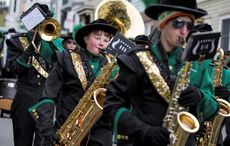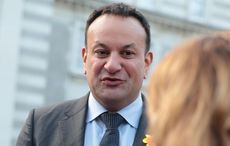A lawyer representing Edward M. Kennedy’s widow Victoria Kennedy asked the Justice Department earlier this year not to release the late senator’s FBI files, expressing her concern that those seeking it were on 'fishing expeditions' into her husband’s private life.
Kenneth R. Feinberg, the Washington attorney who represents Kennedy wrote to Thomas J. Perrelli the associate attorney general on April 23 saying: 'Absent a specific reason why such files should be disclosed to the public, it is our position that these files should remain sealed and unavailable.'
The letter also stated that Victoria Kennedy 'is rightfully concerned that these media requests are merely 'fishing expeditions' designed to rummage through FBI files compiled over half a century or more, in an effort to uncover confidential information pertaining to Senator Kennedy.'
Kennedy's request did not sway the FBI however, which decided the public interest in such a high profile public figure outweighed the family’s private concerns.
More than 2,200 pages were made public by the FBI on Monday, outlining hundreds of threats made to Kennedy’s life after two older brothers, John and Robert, were shot dead in the 1960's and detailing the volumes of records the FBI kept on his foreign travels and meetings.
The files, which were obtained under the Freedom of Information Act, also included uncorroborated reports about potential Mafia plots, as well as bizarre claims about what really happened when Kennedy’s car careened off a bridge on Chappaquiddick in 1969. The files even included an unverified tip the bureau received about a New York sex party that supposedly was set up to ensnare and discredit the Kennedy brothers and movie stars such as Marilyn Monroe.
Feinberg’s letter to the Justice Department also requested that Victoria Kennedy 'be given the opportunity to review any proposed release of file materials in order to challenge the appropriateness of such release.'
Feinberg and the FBI’s records would not comment on whether she was provided the files before they were made public or whether she sought to shield specific documents once it became clear the FBI planned to honor the media requests.
FBI officials had previously said they allowed the Kennedy family to raise objections on particular files that might have privacy concerns for surviving members.




Comments